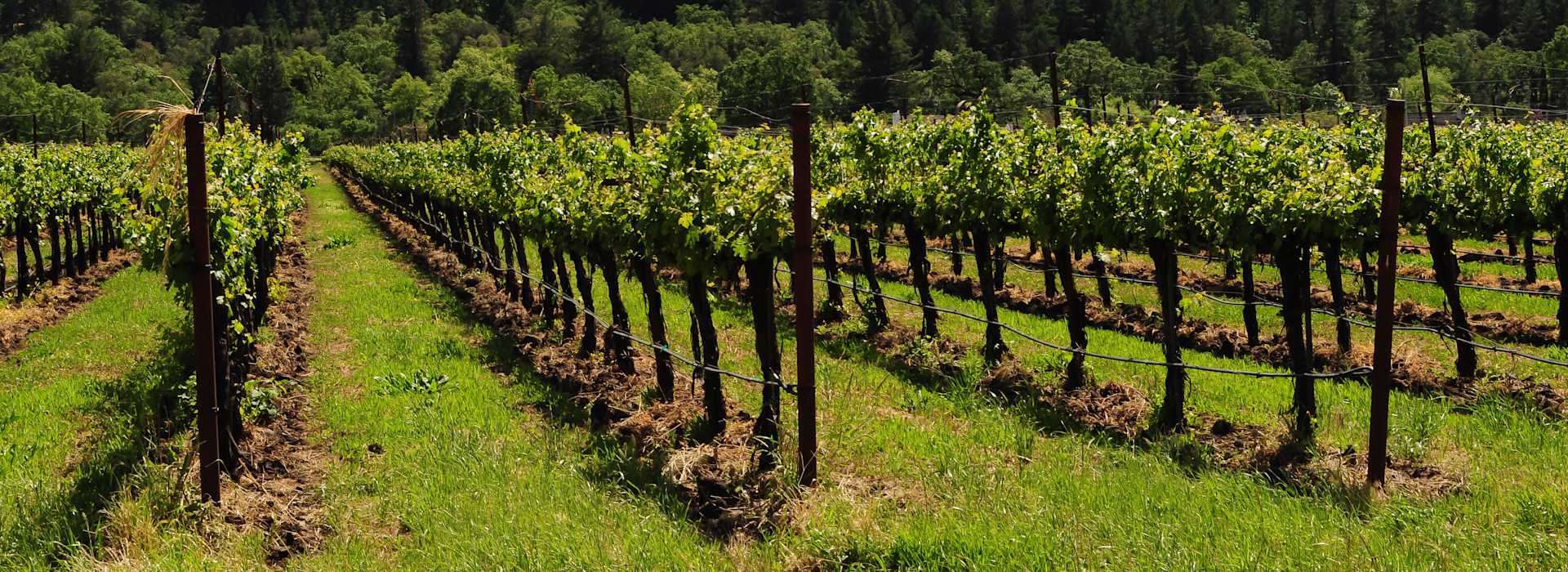Damilano Barbera d'Asti 2020
-
Wine
Spectator -
James
Suckling



Product Details
Your Rating
Somm Note
Winemaker Notes
#61 Wine Spectator Top 100 of 2022
This wine has a red color with intense purple tones and a fruit nose with light spice notes. It has a persistent flavor reminiscent of currants, violets, cherries and vanilla.
Pairs well with first courses, red meats and aged cheeses.
Professional Ratings
-
Wine Spectator
A rich and sumptuous red, evoking plum, blackberry and boysenberry flavors. Reveals accents of tobacco, almond and spice as this winds down. Lengthy aftertaste.
-
James Suckling
Aromas of red tea, fig, plum and chicory root. Medium-bodied with fine tannins. Succulent fruit with a tight finish
Other Vintages
2021-
Wine
Spectator -
James
Suckling
-
James
Suckling -
Wine
Spectator
-
Wine
Enthusiast -
James
Suckling
-
James
Suckling
-
Wine
Spectator
-
James
Suckling
-
Wine
Spectator
-
Robert
Parker






The origins of the Damilano family company dates back to over a century ago, when Guiseppe Borgogno, the great-grandfather of the current owners, started to grow and make wine from his own grapes. This tradition was kept up by Giacomo Damilano, the founder’s son-in-law, together with his children, until it was passed on to his 4 grandchildren, who very attentively manage their forefathers’ land today. The wines produced are renowned for their upright style and the estate is widely appreciated due to the strictness and passion that accompany all of the company's activities.
The vineyards, partly owned and partly leased, are situated in the most famous crus of the Langa region: Cannubi, Liste, Fossati, and Brunate, which are almost entirely cultivated with Nebbiolo da Barolo, and to a lesser extent, with Dolcetto and Barbera varietals.

Friendly and approachable, Barbera produces wines in a wide range of styles, from youthful, fresh and fruity to serious, structured and age-worthy. Piedmont is the most famous source of Barbera; those from Asti and Alba garner the most praise. Barbera actually can adapt to many climates and enjoys success in some New World regions. Somm Secret—In the past it wasn’t common or even accepted to age Barbera in oak but today both styles—oaked and unoaked—abound and in fact most Piedmontese producers today produce both styles.

Recognized as the source of the best Barbera in all of Italy, Asti is a province (as well as major city) in Piedmont, consisting of a gentle, rolling landscape with vineyards, farmland and forests alternating throughout.
Barbera d’Asti can be made in an array of styles from relatively straightforward, fruity and ready for consumption early, to the more concentrated, oak aged version with an ability to cellar impressively for 10-15 years and beyond. Some of the very best sites for Barbera in Asti are concentrated in the subzone of Nizza Monferrato. Other red varieties grown here include Freisa, Grignolino and Dolcetto, which can be bottled varietally or blended into Barbera.
Historically consumers commonly associated the Asti region with Asti Spumante and Moscato d’Asti, both playful, aromatic, sparkling wines made from the Muscat grape. Asti Spumante is less sweet, fully fizzy and more alcoholic (yet still clocking in at only around 9% alcohol) while Moscato d’Asti is sweeter, gently sparkling (“frizzante”) and closer to 5 or 6% alcohol. Each is produced in stainless steel tanks to preserve the fresh and fruity flavors of the grape, often including peach, apricot, lychee and rose petal. Asti is also the spot for the pink-hued Brachetto d'Acqui, a slightly sparkling wine ready to charm with its raspberry and rose flavors and aromas.
